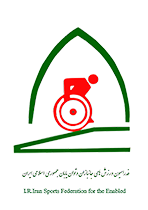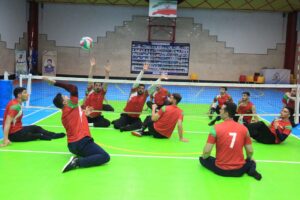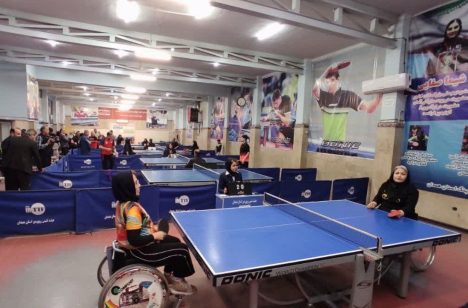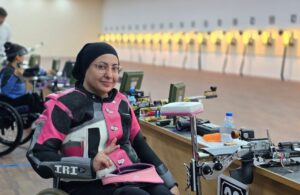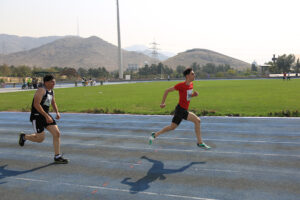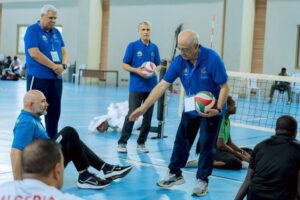The Vice President of IRISFD, Dr. Mozhgan Nasiri, emphasized the profound impact Iranian female para athletes have had on the Paralympic movement. She highlighted their achievements in major international competitions, where they have won prestigious medals and become inspirational figures globally.
According to the Public Relations Department of the Veterans and Disabled Sports Federation and as reported by the Ministry of Sports and Youth’s news platform, Dr. Nasiri praised Iran’s recognition as the leading country in the development of women’s Paralympic sports by the International Paralympic Committee. She described this achievement as highly valuable and extended her congratulations to the Iranian people, the sports community, and the families of veterans and disabled athletes.
Dr. Nasiri attributed this success to the collective efforts and historic achievements of Iranian female athletes who have consistently excelled in major international competitions, including the Asian Para Games and the Paralympics.
“Our female athletes, who have proudly competed in international arenas while adhering to Islamic hijab, have become role models and sources of inspiration for para athletes worldwide,” she said. “Through their relentless efforts and perseverance, they have overcome numerous challenges and made a profound impact on the Paralympic movement.”
She added that the progress made in women’s sports for veterans and disabled athletes is the result of strategic planning, a clear vision, and a focus on leveraging the potential of female athletes and leaders.
Dr. Nasiri explained, “From Iran’s first participation in the 1992 Barcelona Paralympics with one female athlete to the 2024 Paris Paralympics, 12 Iranian women have won a total of 19 medals, including 8 gold, 6 silver, and 5 bronze medals, etching their names in the history of the Paralympic movement.”
She also highlighted the achievements of medalists such as Zahra Nemati, Sara Javanmardi, and Hashemieh Motaghian, who have demonstrated that success is achievable under any circumstances.
Dr. Nasiri further noted that Iran’s global leadership in women’s Paralympic sports is also due to the empowerment of women in securing ten influential international positions within the Asian Paralympic Committee, the International Paralympic Committee, and global federations. These women play a crucial role in decision-making processes at international levels.
She also praised the capabilities of Iranian female referees who have been invited by international sports bodies to officiate at major sporting events. The presence of three female referees in three different sports at the Paris Paralympics is a testament to the effective role of Iranian women in sports, which has garnered international attention.
Dr. Nasiri concluded, “With the continued support of the Ministry of Sports and Youth, the National Paralympic Committee, and sports federations in developing infrastructure and facilities for disabled athletes, we will undoubtedly witness the sustained success and unparalleled achievements of our female athletes on the global stage.

